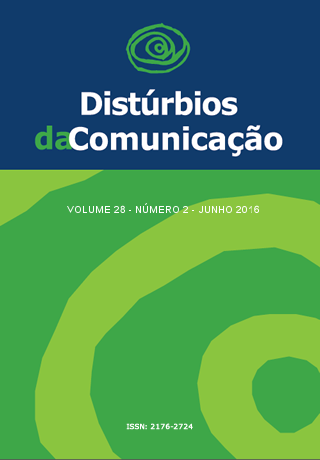Efficacy in Falls Prevention Programs for the Elderly
Keywords:
Elderly, Postural Balance, Questionnaires, Accidental Falls.Abstract
Introduction: The aging of systems involved in body balance can cause fall episodes and worsen life quality in the elderly. Objective: To verify the efficacy of a fall prevention program in socially active elderly. Method: 60 elderly were submitted to a Performance Oriented Mobility Assessment and to the Falls Efficacy Scale International FES I-Brasil that evaluate, respectively, the tendency and the fear of falling. Those with altered scores participated in an intervention program during eight consecutive weeks and were reevaluated. Results: In the oriented balance evaluation, 70.0% of the elderly presented moderate risk, 5.0% high risk and 25.0% for low fall risk, resulting in a significant relationship to age. At the end of the program it was confirmed the relationship between initial outcomes and final tests, noticing there was a total reduction of high risk and an increase of low risk to 68.0%. The reduction of falling fear was confirmed in view of the significant relationship between the initial fall fears and the reevaluation. Conclusion: The proposal was effective once the falling fears diminished, improving, consequently, body balance with those who volunteered in the research. It even promoted the reduction of future falling concerns, especially with older seniors.Downloads
Metrics
Downloads
Published
Issue
Section
License
Copyright (c) 2016 Carlos Kazuo Taguchi, Thassya Fernanda Oliveira Santos, Rafael Santos Nascimento, Allan Robert Silva, Oscar Felipe Falcão Raposo, Jacqueline Pitanga Teixeira

This work is licensed under a Creative Commons Attribution 4.0 International License.









